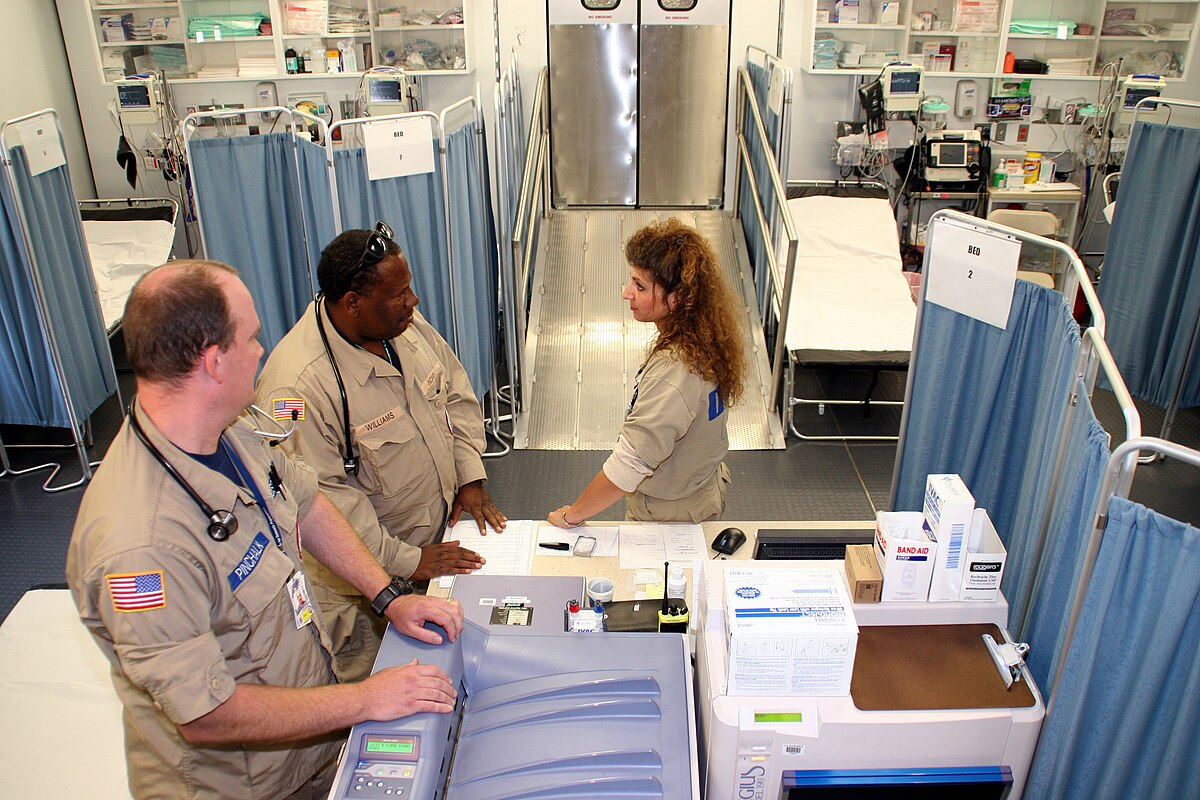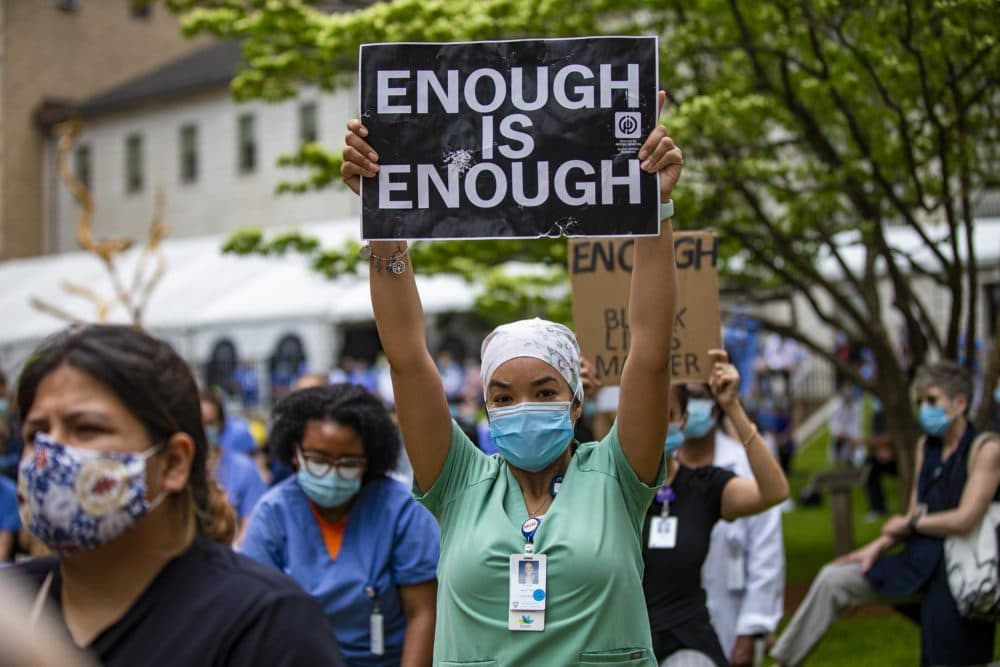Ramadan, which began on March 22, is one of the holiest times in the Muslim calendar. For over two billion Muslims around the world, this is a month-long period of prayer, reflection, and fasting. Unfortunately, the Muslim experience in the United States has been one fraught with challenges. Even though the U.S. espouses the ideals of pluralism, social equality and distinct cultural characteristics within and among races and ethnicities, the reality is that many Muslims experience prejudice, a preconceived judgment or opinion of other people and races that leads to preferring one kind of person over another, and discrimination, unfair or differential treatment of individuals and groups based on race and ethnicity. Let’s take a few minutes to unpack the experience of Muslim-Americans.

There are approximately 3.5 million Muslim-Americans in the United States. This relatively small number means that Muslim-Americans qualify as a minority group, a disadvantaged group with significantly less economic, social, and political power and resources. In terms of residency patterns, Illinois is the state with the largest Muslim-American population, followed by Virginia, New York, New Jersey, and Texas. This does not mean that Muslims are recent immigrants to the U.S. Far from it. Researchers estimate that nearly 30 percent of enslaved Africans in America were Muslim. While many were forced to abandon their religion by their White enslavers, it is worth considering that, as victims in the transatlantic slave trade, the Muslim presence in the Americas dates back 400 years.
 The discrimination that Muslims face in contemporary America includes everything from microaggressions, indirect, subtle, or unintentional discrimination against members of a marginalized group, to hate crimes, crimes perpetrated on the basis of ethnicity, nationality, race, religion, or sexual orientation. Commonly referred to as Islamophobia, this discrimination is based on fear and hostility toward Muslims and Islam. Islamophobia existed long before 9/11, and even 20 years after, many Muslims still experience profiling, action taken against members of a minority group based on things other than personal behavior, and implicit bias, unconsciously held attitudes, beliefs, and stereotypes about others.
The discrimination that Muslims face in contemporary America includes everything from microaggressions, indirect, subtle, or unintentional discrimination against members of a marginalized group, to hate crimes, crimes perpetrated on the basis of ethnicity, nationality, race, religion, or sexual orientation. Commonly referred to as Islamophobia, this discrimination is based on fear and hostility toward Muslims and Islam. Islamophobia existed long before 9/11, and even 20 years after, many Muslims still experience profiling, action taken against members of a minority group based on things other than personal behavior, and implicit bias, unconsciously held attitudes, beliefs, and stereotypes about others.
Despite the challenges they have faced, the Muslim-American community is close-knit. Muslim-Americans include people from a wide variety of races, a socially constructed category of people based on real or perceived physical differences, and ethnicities, social and cultural characteristics that set apart one group of people from another. This recognition and respect for the different attributes of races and ethnicities, or diversity, is an important component of the community’s strength. Arguably, given the de facto segregation, segregation that happens “by fact” rather than requirement, is so prevalent in American society, it might behoove us all to take a few moments during Ramadan to reflect on how we can do better.
Thompson is a co-owner of UITAC Publishing. UITAC’s mission is to provide high-quality, affordable, and socially responsible online course materials.
Images used in this blog:
- “White Concrete Building Under Blue Sky” by Kirandeep Singh Walia is licensed on Pexels. This image has not been altered.
- “Two Smiling Women in Colorful Hijabs on Neutral Background” by The Hijab Company is licensed on Pexels. This image has not been altered.




